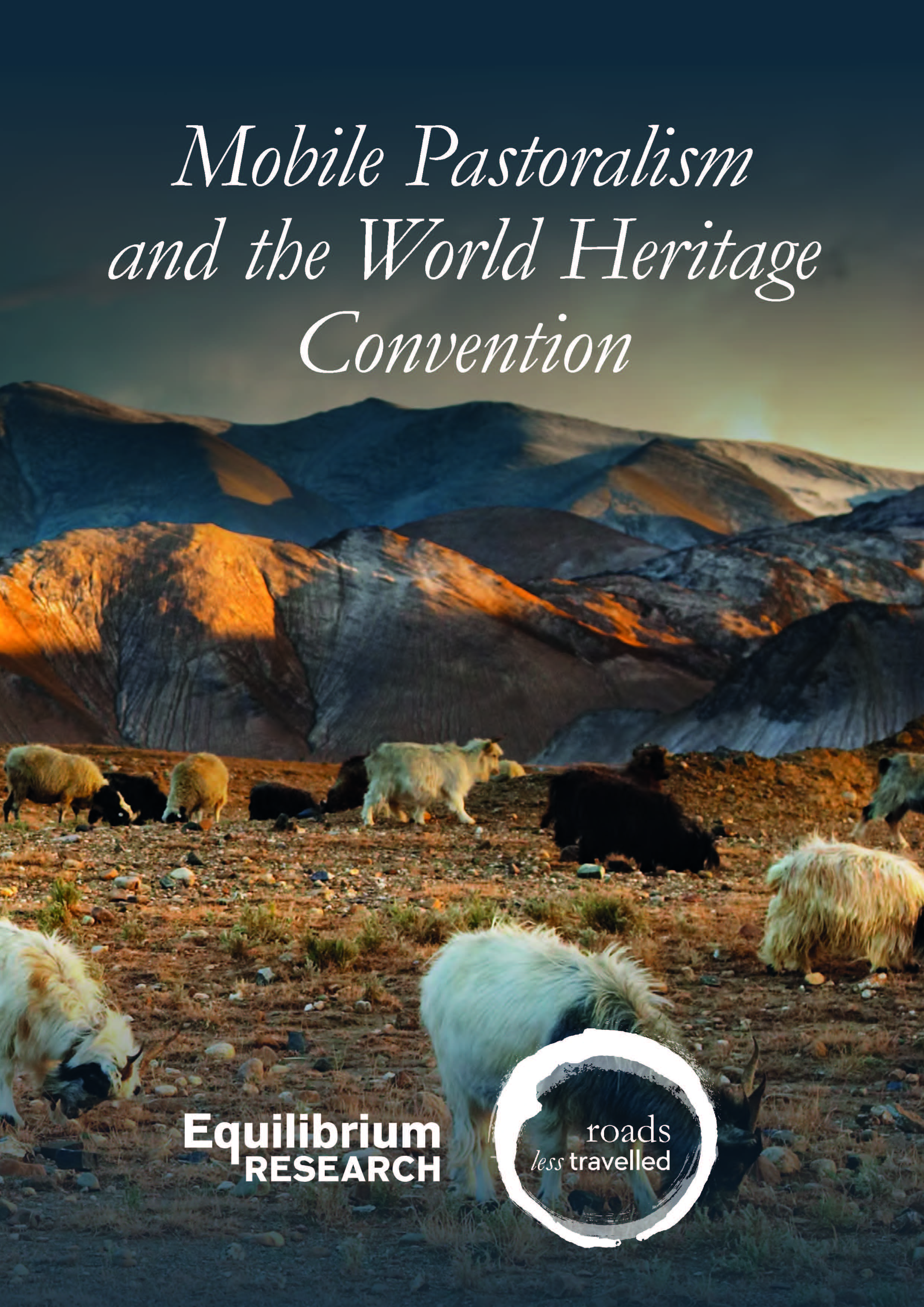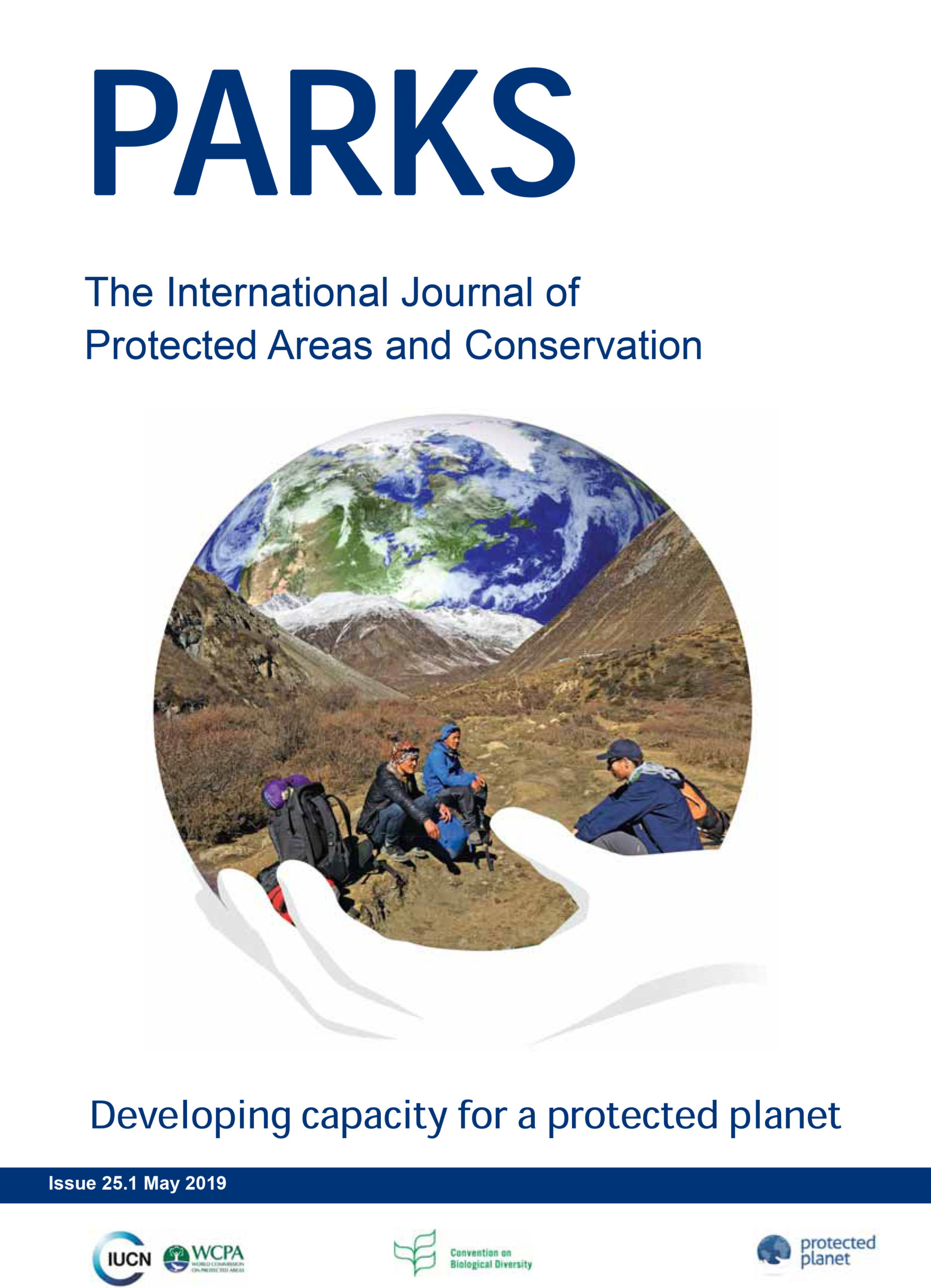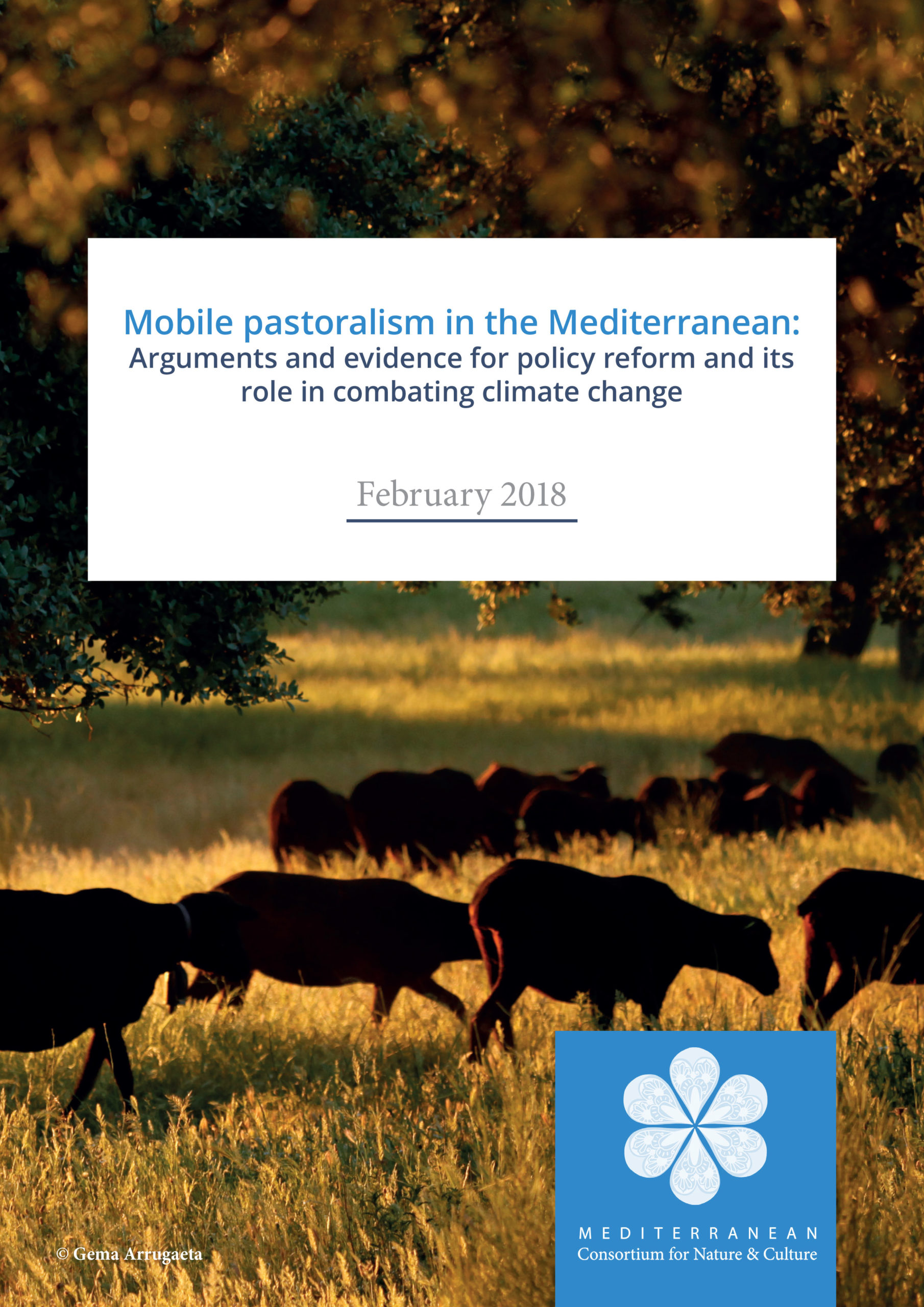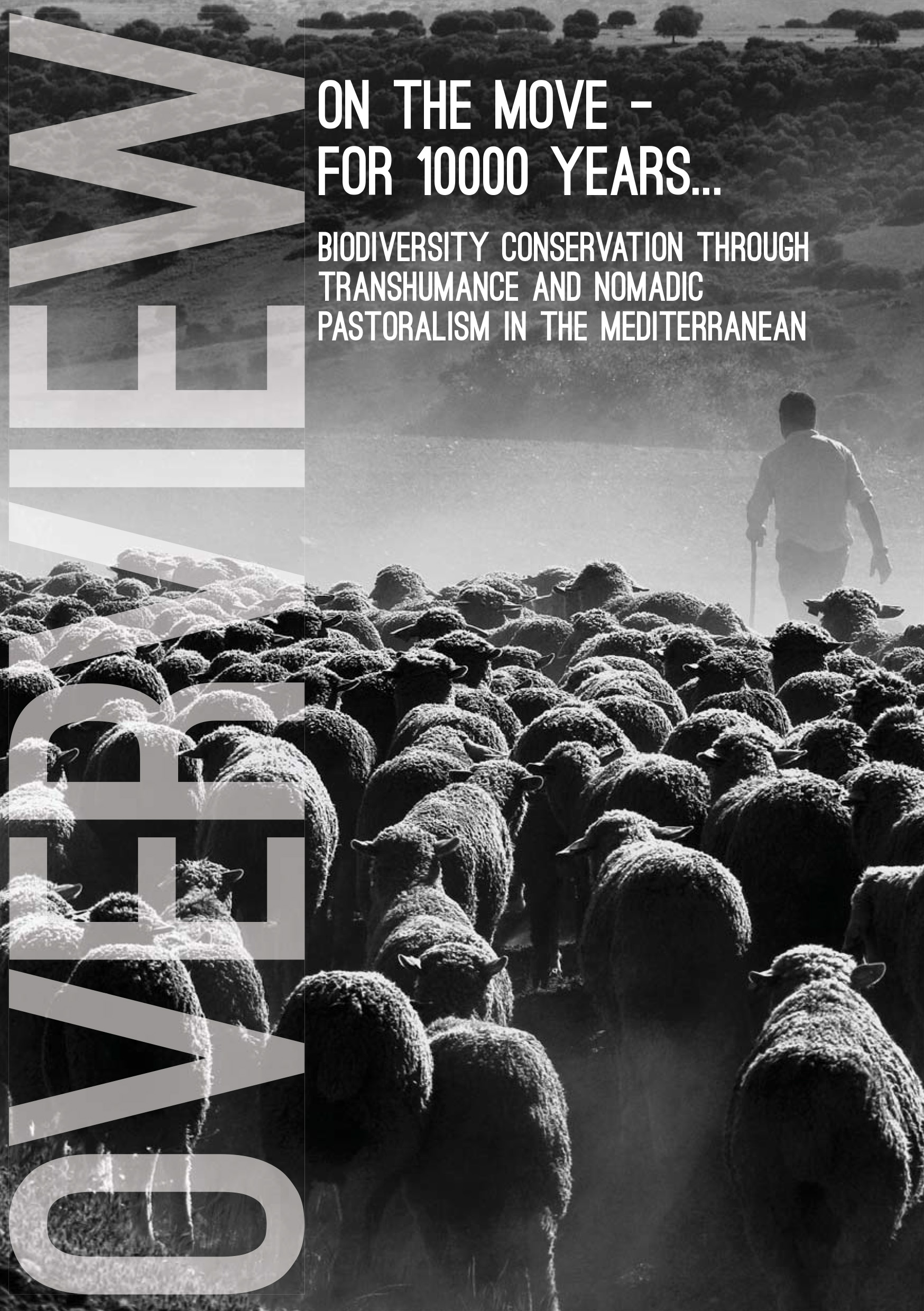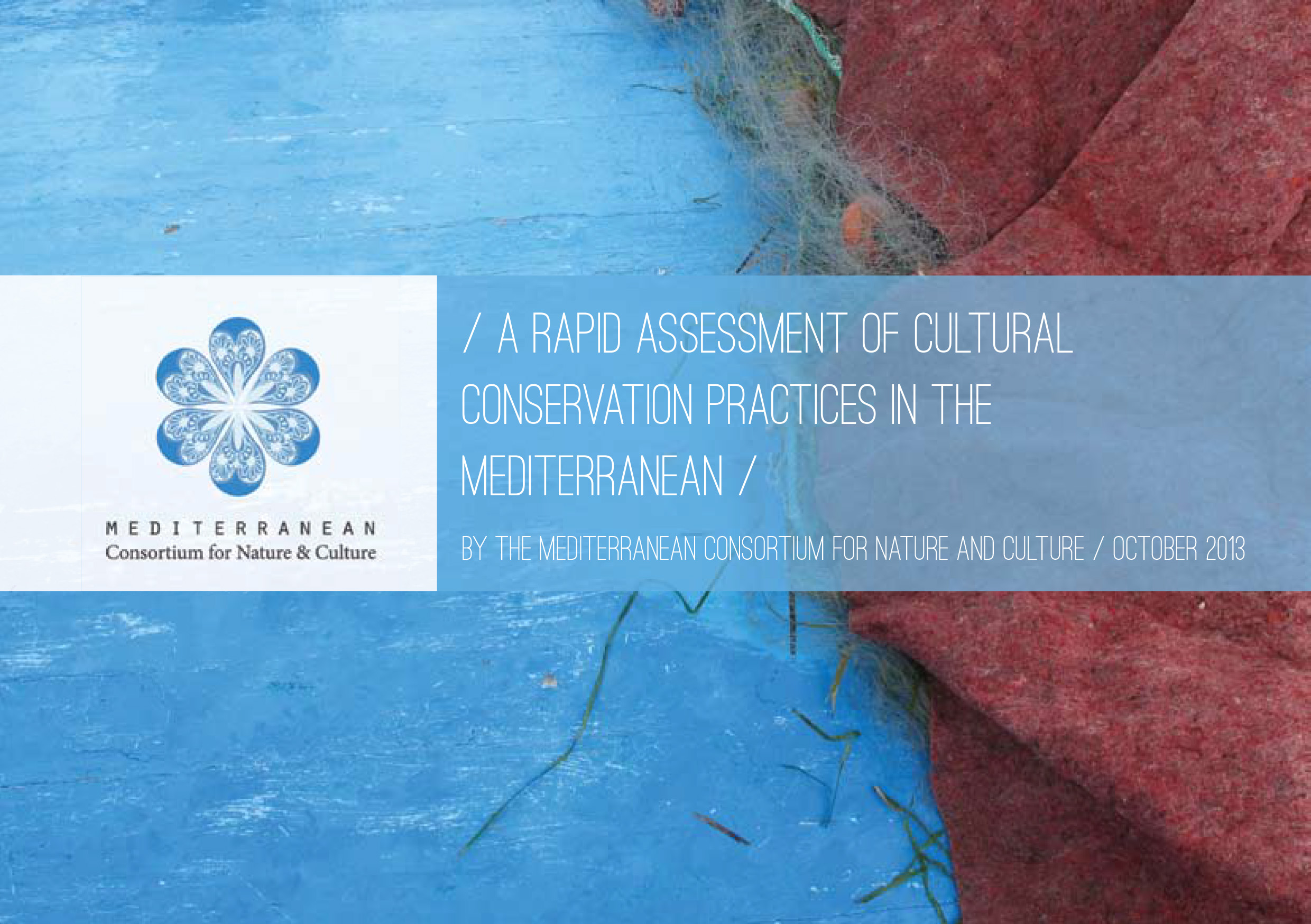DiversEarth publications
Main publications, reports and articles by DiversEarth and partners on the topics of nature, culture and spirituality are presented here.
Mobile pastoralism and the World Heritage Convention
Mobile pastoralism and the World Heritage Convention is a new report for Roads Less Travelled Initiative, which makes the case for mobile pastoralism (transhumance, nomadic and semi-nomadic pastoralism) at a global scale.
The paper is a scoping study, it is not attempting to be comprehensive or offer a detailed analysis of the situation in the various case studies described, nor at this stage to provide concrete suggestions for ways forward. Rather, it is using World Heritage sites as a vehicle to identify some of the key issues regarding the inter-relationship between mobile pastoralists and conservation objectives, along with some proposed next steps.
Download the report Mobile pastoralism and the World Heritage Convention
Mobile pastoralism and protected areas: conflict, collaboration and connectivity. Parks Journal. Vol 25.1
In this paper, published in Parks Journal in May 2019, we consider the many benefits of mobile pastoralism for nature conservation, in particular those related to connectivity between protected areas and wider landscapes ensured by the movement of livestock.
This includes our case study on the correlation mapping data of Spanish drove roads, that we produced, with protected areas and other areas of high biodiversity. In doing so we aim to raise some serious questions for reflection by the protected area community considering the lack of proper collaboration between conservationists and mobile pastoralists in the majority of formal protected area systems. Accordingly, paper addresses the opportunities for collaboration including new conservation approaches such as Other Effective Area-Based Conservation Measures (OECMs) and Areas of Connectivity Conservation (ACCs) and suggests a set of recommendations towards ensuring the needed shift from conflict to collaboration.
Mobile pastoralism in the Mediterranean: arguments and evidence for policy reform and to combat climate change
Mobile pastoralism is one of the most efficient livestock farming systems in terms of natural resource use and land management. It is also highly sustainable and economically rational system that makes most of the Earth’s less productive areas, unsuitable for crop production. The report “Mobile pastoralism in the Mediterranean: arguments and evidence for policy reform and to combat climate change”, elaborated within the project Nature and Culture in the Mediterranean makes the case for mobile pastoralism – a beneficial practice that is seriously threatened today, not just in the Mediterranean, but all over the world.
Publication is available in English, Spanish, French, Turkish
On the Move – for 10 000 years: biodiversity conservation through transhumance and nomadic pastoralism in the Mediterranean
In a partnership with the Mediterranean Consortium with Nature and Culture, we wanted to understand the extent to which the practice of transhumance and nomadic pastoralism was still thriving; the key threats to the practice and reasons for decline; how the practice was linked to biodiversity conservation goals; the needs and aspirations of practitioners and so forth, to identify ways in which we could contribute and help make a bigger difference. You can find the overview of this work in the report “On the Move – for 10 000 years: biodiversity conservation through transhumance and nomadic pastoralism in the Mediterranean”.
Rapid assessment of cultural conservation practices in the Mediterranean
Ordinary people all over the Mediterranean Basin are keepers of extraordinary ecological knowledge. Understanding and supporting this traditional knowledge and the practices that are based on is critical at a time when biodiversity and cultural diversity has never been more threatened. In a bid to do this, DiversEarth together with other partners of the Mediterranean Consortium for Nature and Culture has carried out an assessment to establish the types of activities and lifestyles informed by culture that exist today in the Mediterranean Basin and which in one way or another contribute to conservation goals. Access Rapid assessment of cultural conservation practices in the Mediterranean

